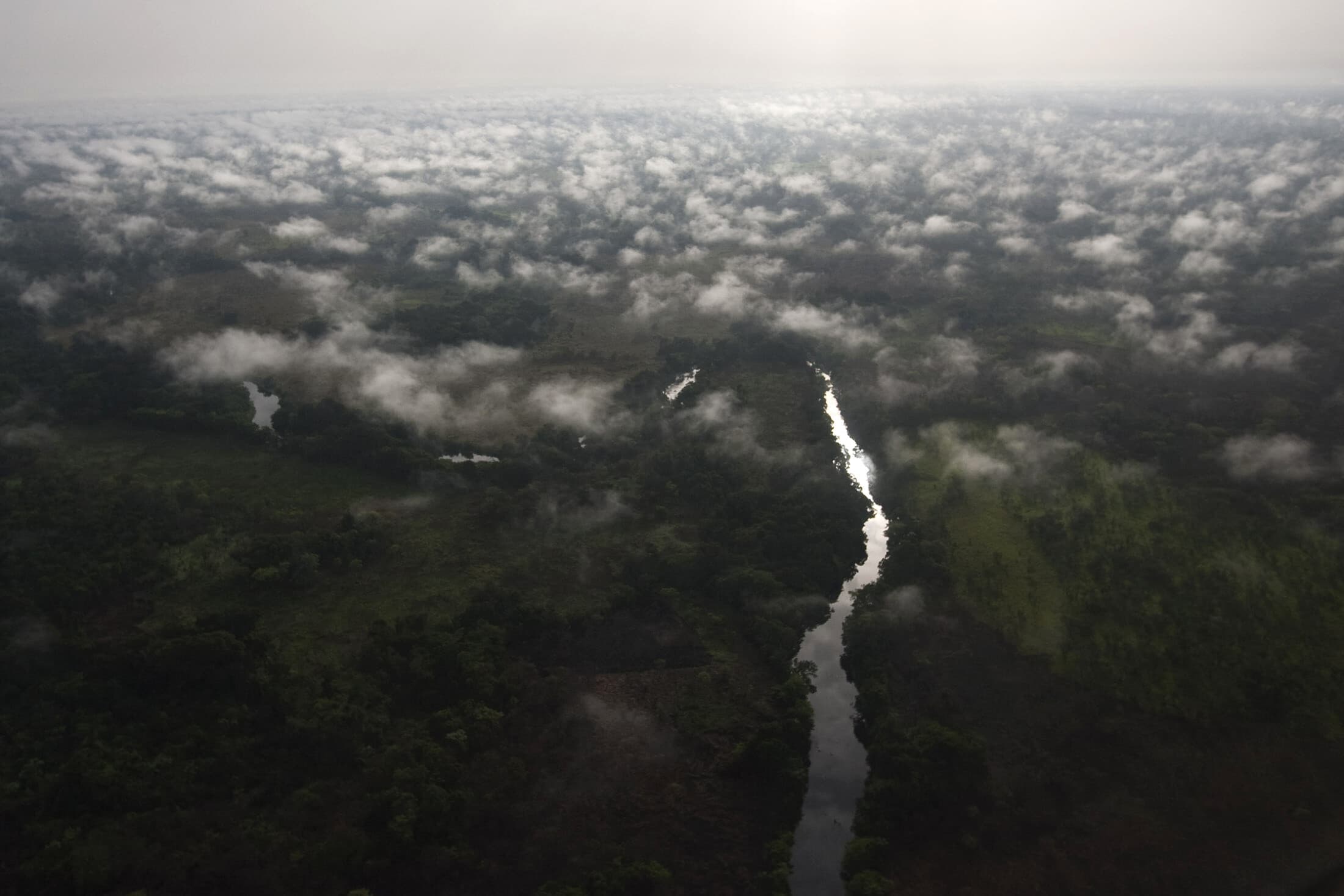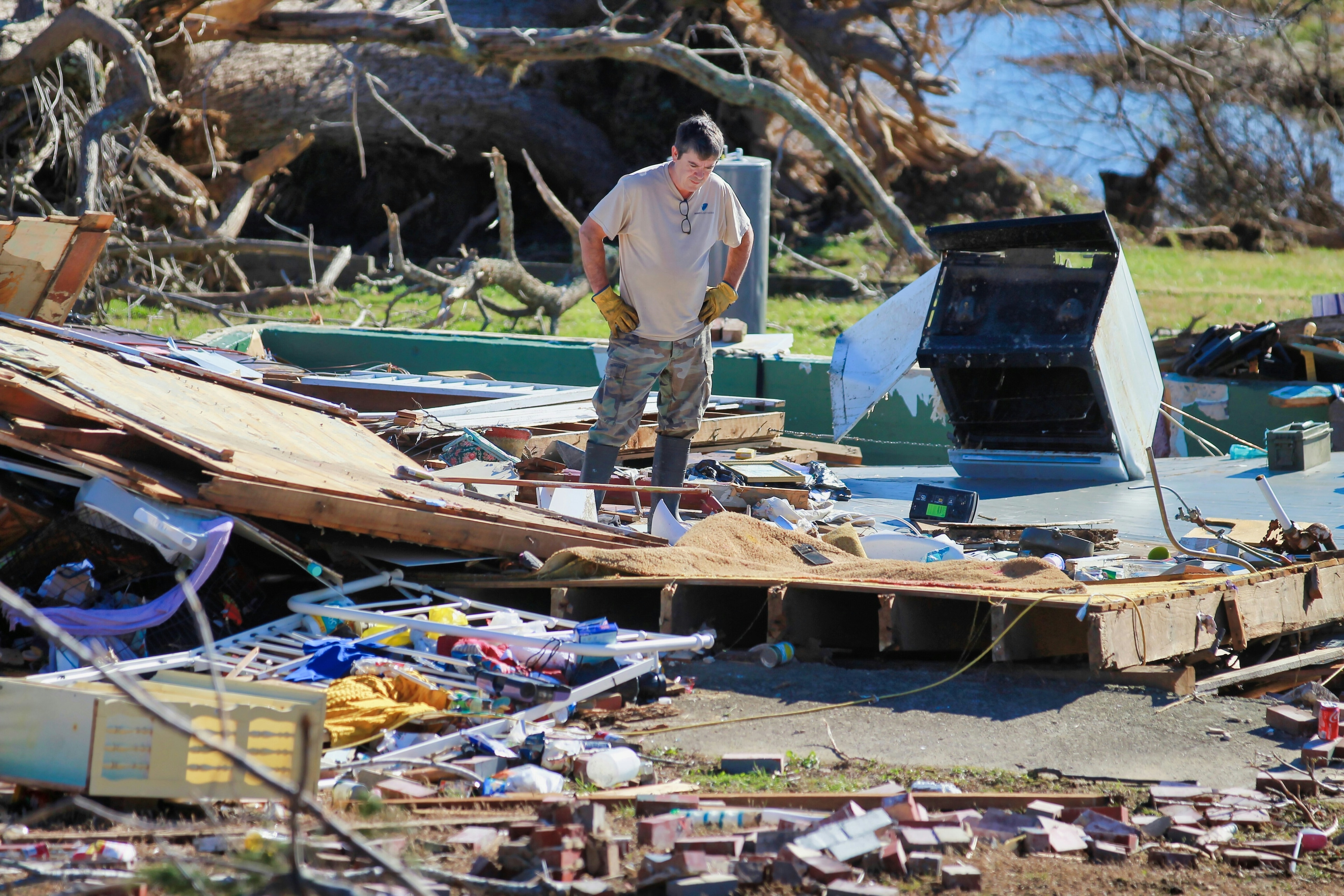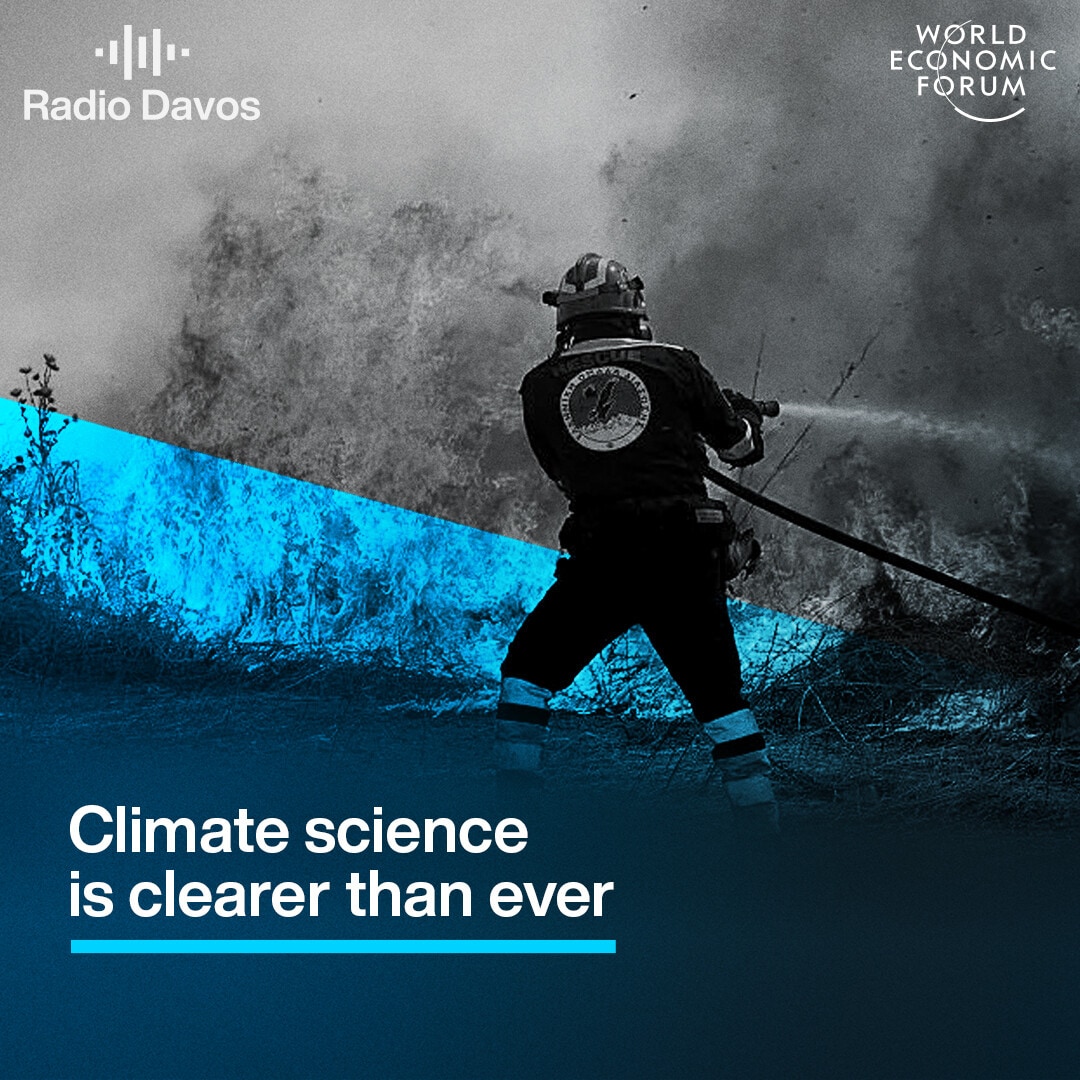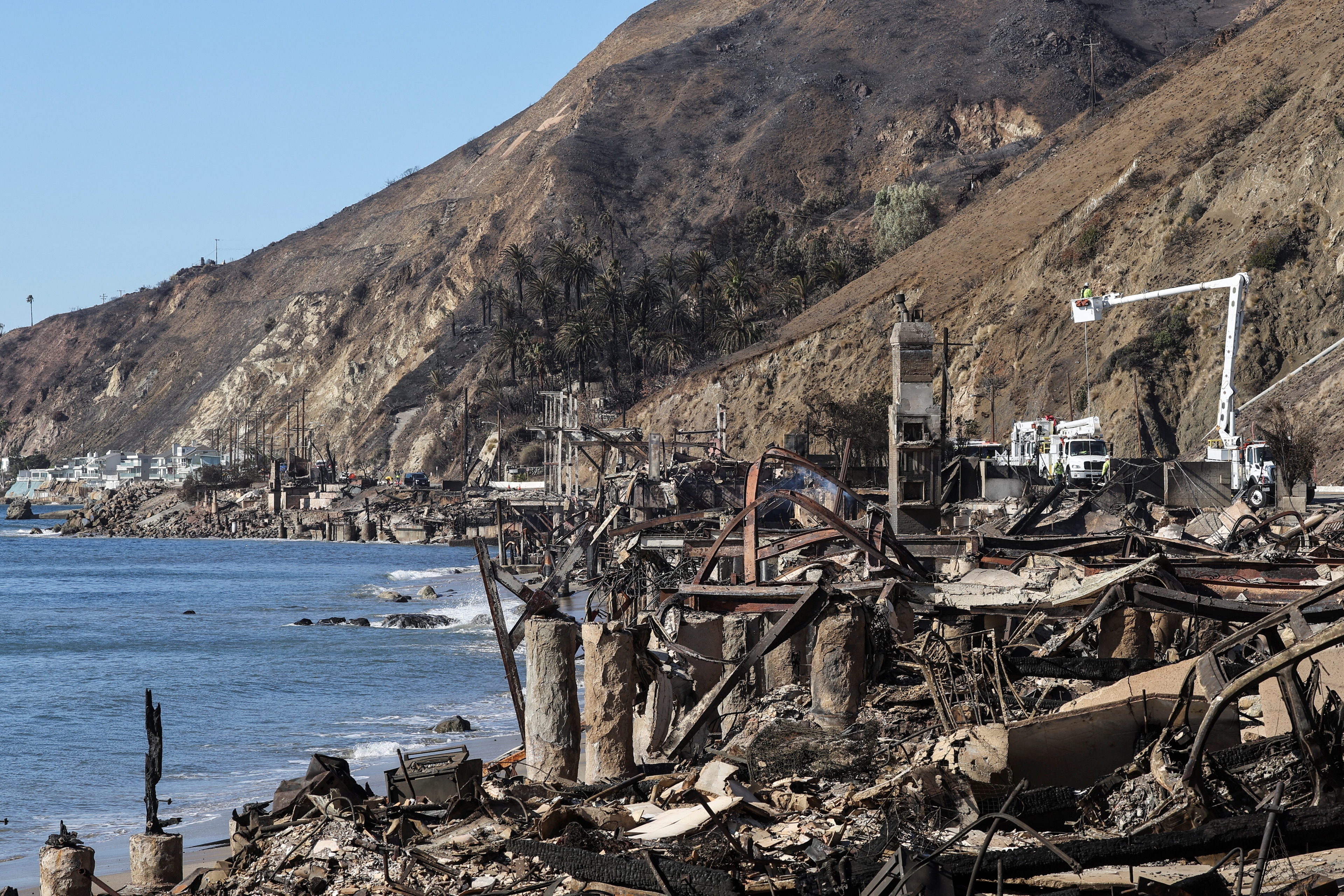Climate change will shrink these economies fastest

Several countries will struggle to exploit resources, researchers say.
Image: REUTERS/Mark Blinch
Stay up to date:
SDG 13: Climate Action
It doesn’t matter if you’re in a hot or a cold climate, a rich country or a poorer one – unchecked climate change is going to devastate the economy.
That’s the finding of a new report from researchers at the University of Cambridge, which estimates 7% of global GDP is likely to be wiped out by the end of the century unless action is taken to stop our planet overheating.
The research comes as the United Nations says that climate impacts are happening faster, and hitting harder, than anticipated. Sea levels are also rising at an alarming rate, with a significant risk of regular flooding in coastal areas. The shrinking cryosphere – an area including the world’s glaciers, ice caps, and frozen oceans – is already creating negative impacts across a range of sectors.
These are some of the countries whose economies are on the front line of climate impact, according to the University of Cambridge study.
1) Canada
According to economist Dr Kamiar Mohaddes, a co-author of the Cambridge report, “Canada is warming up twice as fast as the rest of the world. There are risks to its physical infrastructure, coastal and northern communities, human health and wellness, ecosystems and fisheries.”
If the planet continues to warm at the current rate, Canada stands to lose over 13% of its income by 2100. The Inuit population living near the Arctic would be badly affected, as they rely on hunting and fishing for food, and melting sea ice brings with it the added risk of oil and chemical spills as new shipping lanes are opened up.
2) Switzerland
With a potential economic hit of 12%, Switzerland is a close second to Canada, and is also warming at a much faster rate than many other countries.
The Swiss tourism industry represents a significant part of the country’s economy, accounting for 2.6% of GDP and 4.1% of total employment in 2015. An increase in temperatures could decrease the annual mean snow depth by 50% by 2060.
3) United States
The US has a diverse economy, but the Cambridge researchers found that every part of it would be damaged in a worst-case climate scenario.
They looked at 10 sectors ranging from manufacturing and services to retail and wholesale trade across 48 states, and found each sector in every state suffered economically from at least one aspect of climate change, “whether heat, flood, drought or freeze”.
4) India
India’s climate makes it particularly susceptible to heat stress, according to a Moody’s report on the economic implications of climate change – with agricultural productivity falling and a severe impact on human health.
Large numbers of low-income people in India rely on its resource base for their livelihoods. By 2020, pressure on India’s water, air, soil, and forests is expected to become the highest in the world. The Cambridge research sees India’s economy potentially shrinking by 10% due to climate effects.
Of course, all of this is predicated on the world continuing on its present course, where average global temperatures are projected to rise over 4°C by the end of the century.
If all countries adhere to the Paris Agreement on climate change, which aims to limit global warming to 1.5°C, it might not be too late to avert an economic crisis alongside an environmental one.
What is the World Economic Forum's India Economic Summit 2019?
Don't miss any update on this topic
Create a free account and access your personalized content collection with our latest publications and analyses.
License and Republishing
World Economic Forum articles may be republished in accordance with the Creative Commons Attribution-NonCommercial-NoDerivatives 4.0 International Public License, and in accordance with our Terms of Use.
The views expressed in this article are those of the author alone and not the World Economic Forum.
Forum Stories newsletter
Bringing you weekly curated insights and analysis on the global issues that matter.
More on Climate ActionSee all
Matilda Gennvi and Dan Andersson
September 1, 2025
Iyanuoluwa Aliu and James Balzer
August 29, 2025
Emily Bayley
August 28, 2025
Ekhosuehi Iyahen, Daniel Murphy and Andre Belelieu
August 27, 2025







